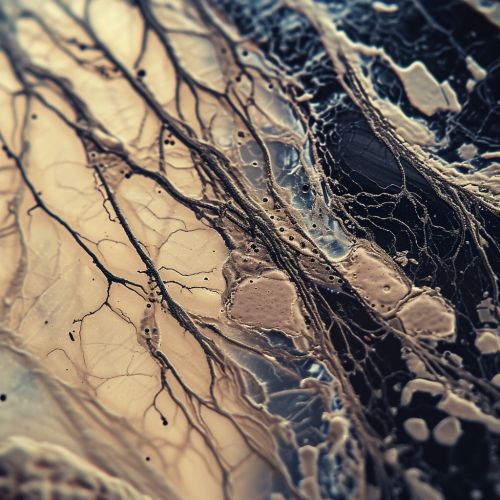Guillain-Barre Syndrome
Overview
Guillain-Barré Syndrome (GBS) is a rare neurological disorder in which the body's immune system mistakenly attacks part of its peripheral nerves. This can lead to muscle weakness, numbness, and even paralysis. The exact cause of GBS is unknown, but it is often preceded by an infection, such as a respiratory or gastrointestinal infection.


Causes and Risk Factors
While the exact cause of GBS is not known, it is often preceded by an infection. The most common infections associated with GBS are Campylobacter jejuni, a bacterium that causes gastrointestinal infection, and certain viruses such as cytomegalovirus (CMV) and Epstein-Barr virus (EBV). It is thought that the immune system's response to these infections mistakenly targets the peripheral nerves, leading to the symptoms of GBS.
Risk factors for GBS include recent surgery, vaccination, and certain illnesses such as Hodgkin's lymphoma or systemic lupus erythematosus. However, GBS can occur in anyone, regardless of age or health status.
Symptoms and Diagnosis
The first symptoms of GBS are usually weakness and tingling in the legs. These symptoms can quickly spread, eventually paralyzing the whole body. In severe cases, GBS can interfere with breathing, blood pressure, and heart rate, making it a medical emergency.
Diagnosis of GBS involves a physical examination, medical history, and certain tests. These tests may include a lumbar puncture, also known as a spinal tap, to examine the cerebrospinal fluid for elevated protein levels, and an electromyography (EMG) to measure the electrical activity in muscles.
Treatment and Prognosis
While there is no cure for GBS, treatments can help manage symptoms and speed recovery. These treatments include plasmapheresis, a procedure that removes and replaces the blood's plasma to eliminate the antibodies causing nerve inflammation, and intravenous immunoglobulin (IVIG) therapy, which involves infusing healthy antibodies into the blood.
Most people with GBS recover, though the length of the recovery period can vary widely. Some may experience lingering effects such as fatigue, muscle weakness, or numbness. In rare cases, GBS can cause long-term complications such as paralysis or difficulty breathing.
Research and Future Directions
Research into GBS is ongoing, with scientists seeking to better understand the causes and mechanisms of the disease, as well as develop more effective treatments. Current areas of research include studying the role of specific antibodies in nerve damage, investigating new treatment strategies, and exploring genetic factors that may influence susceptibility to GBS.
